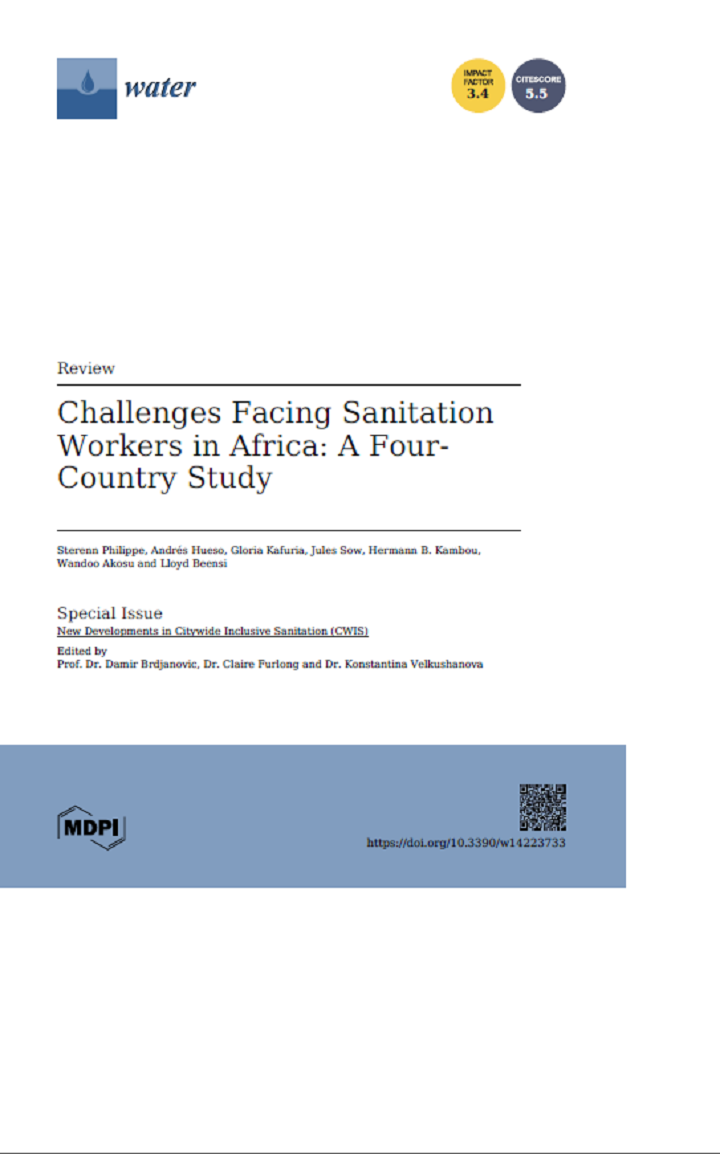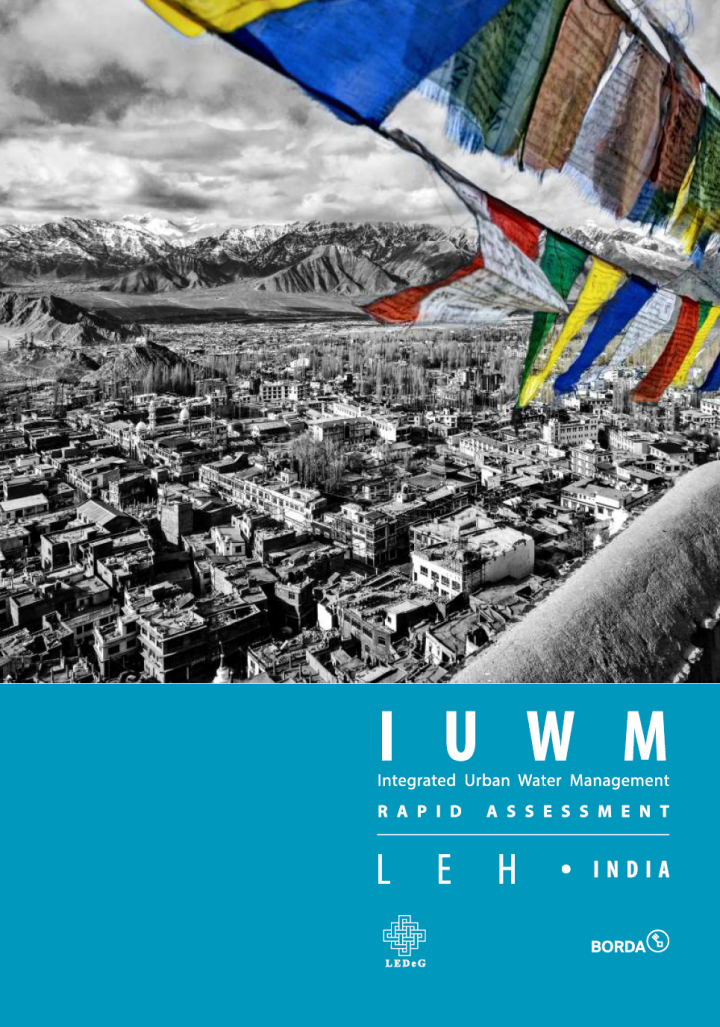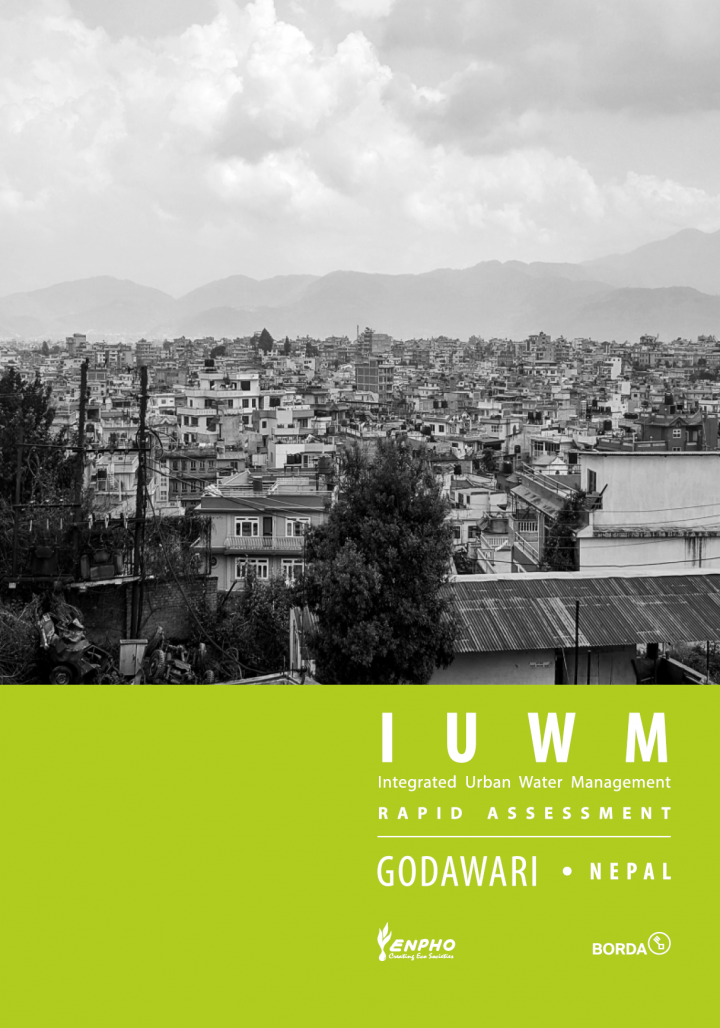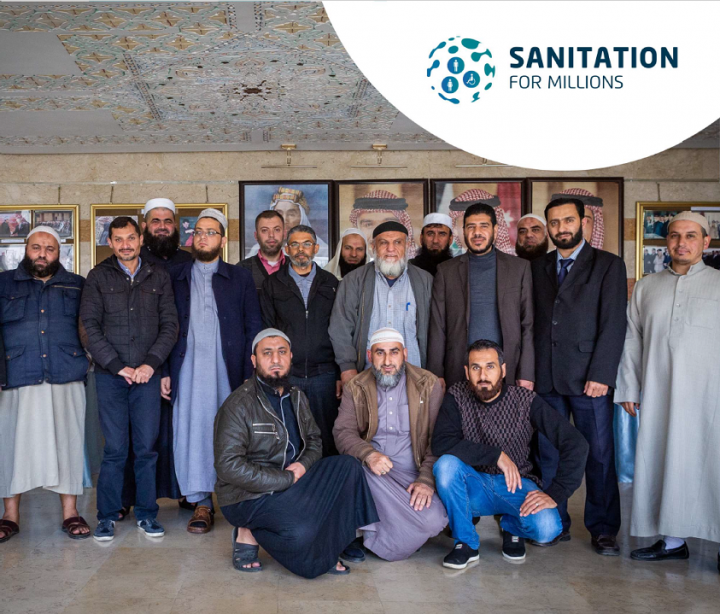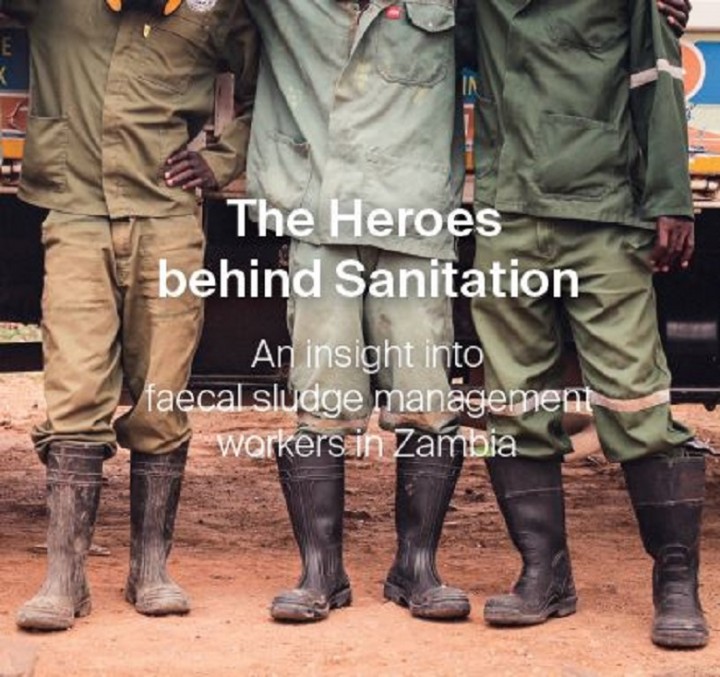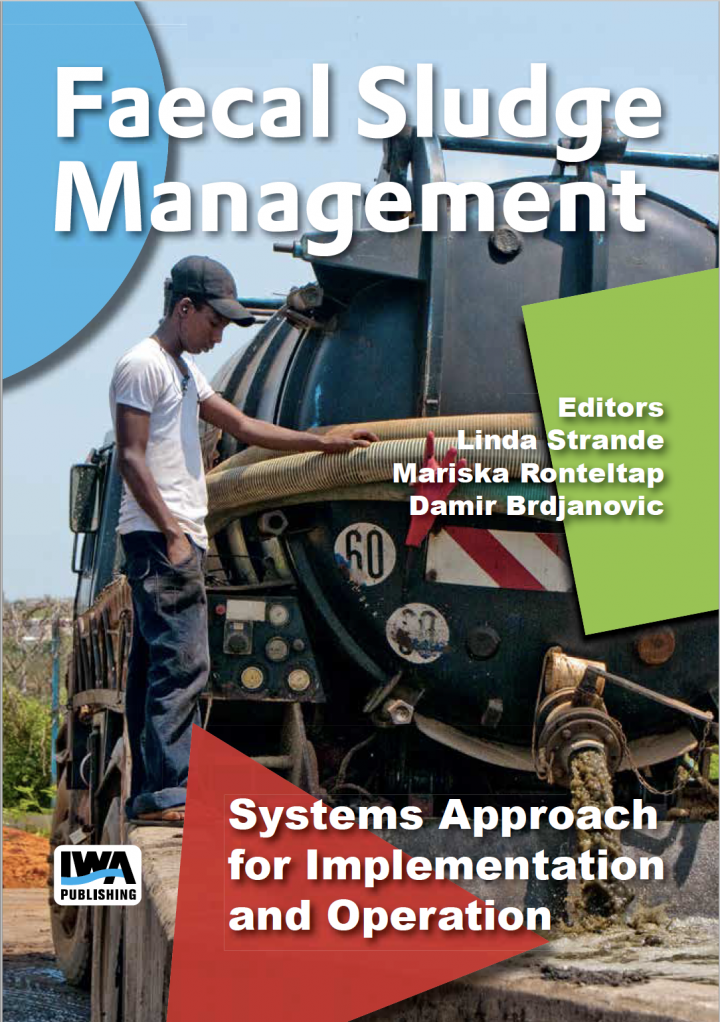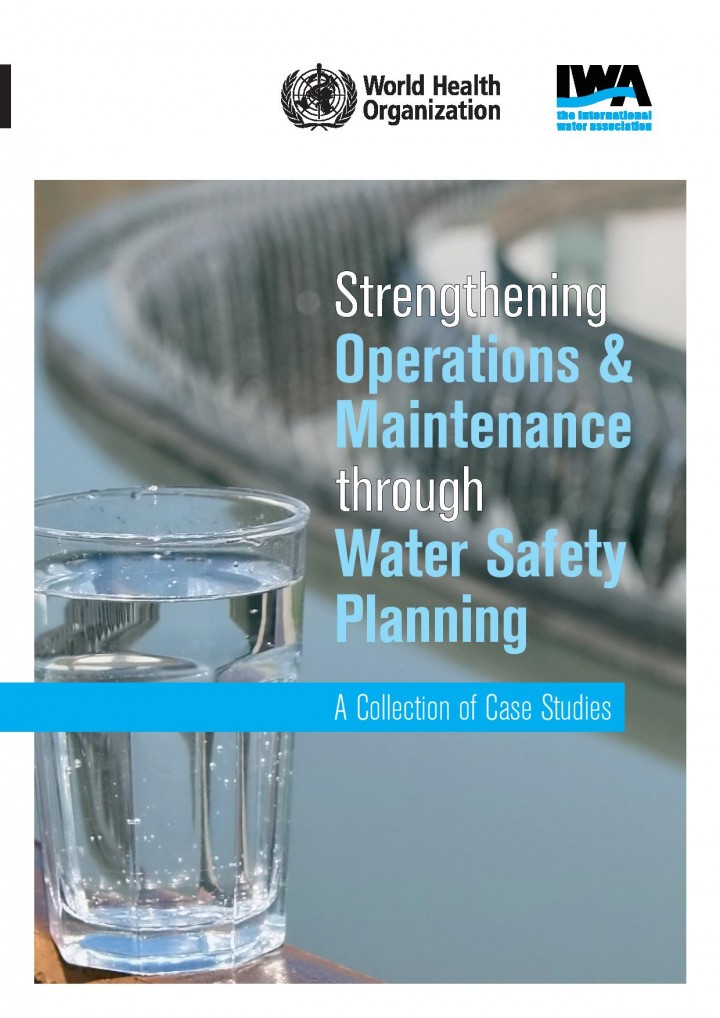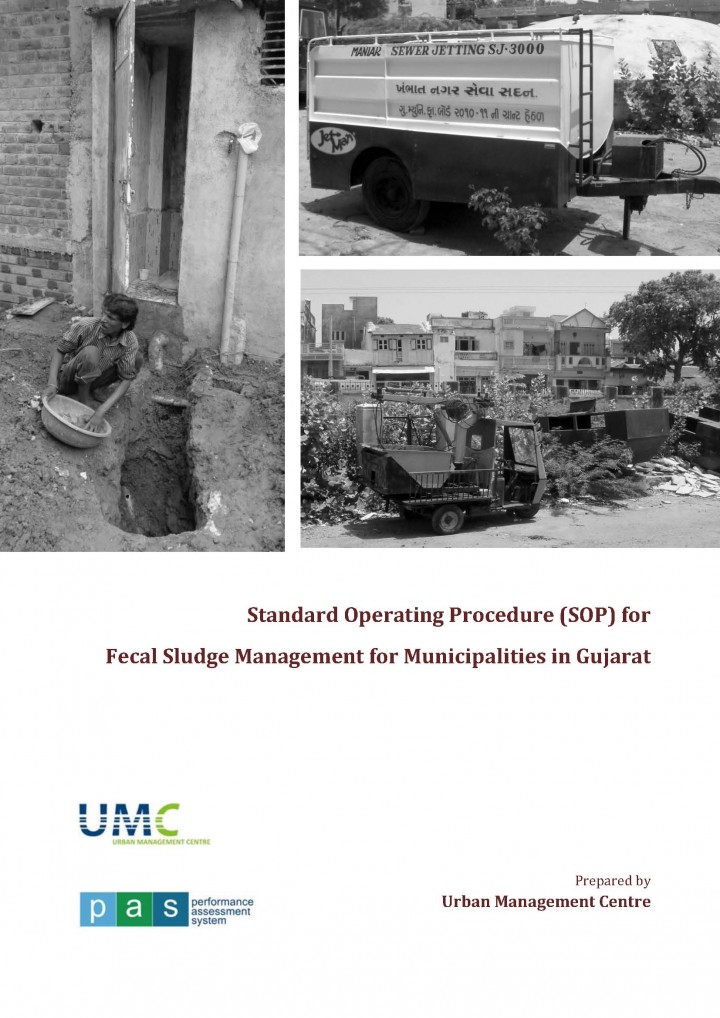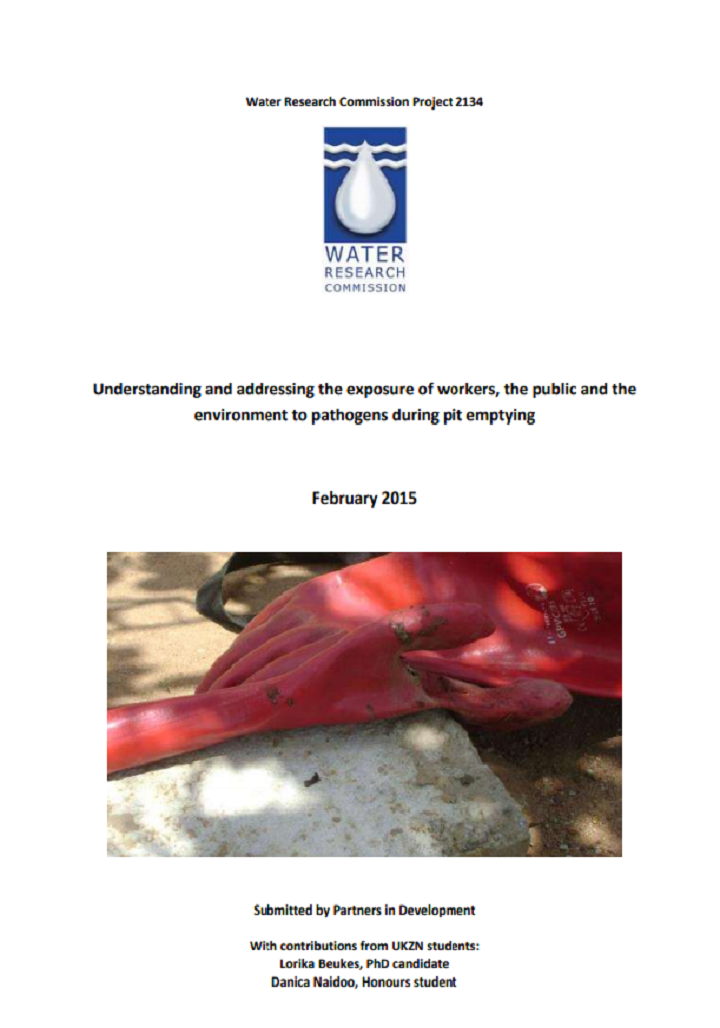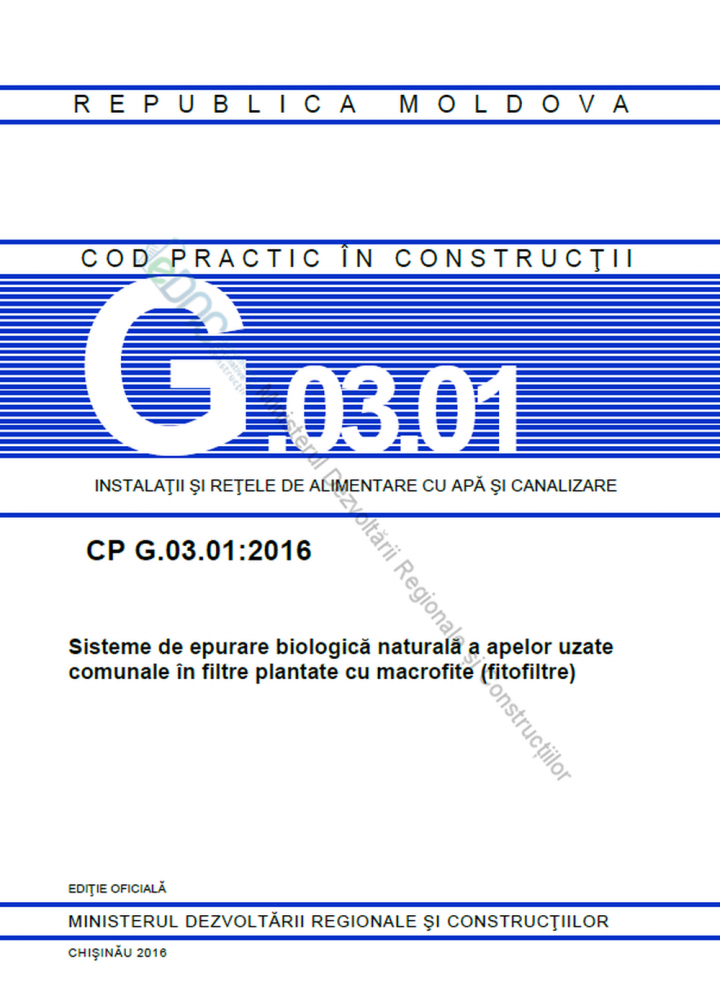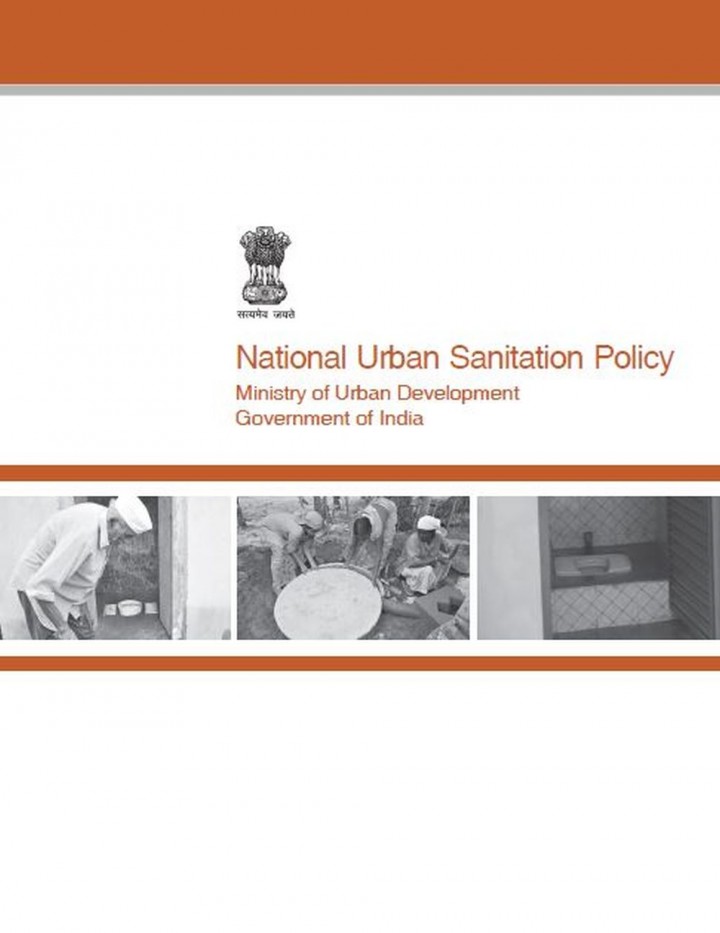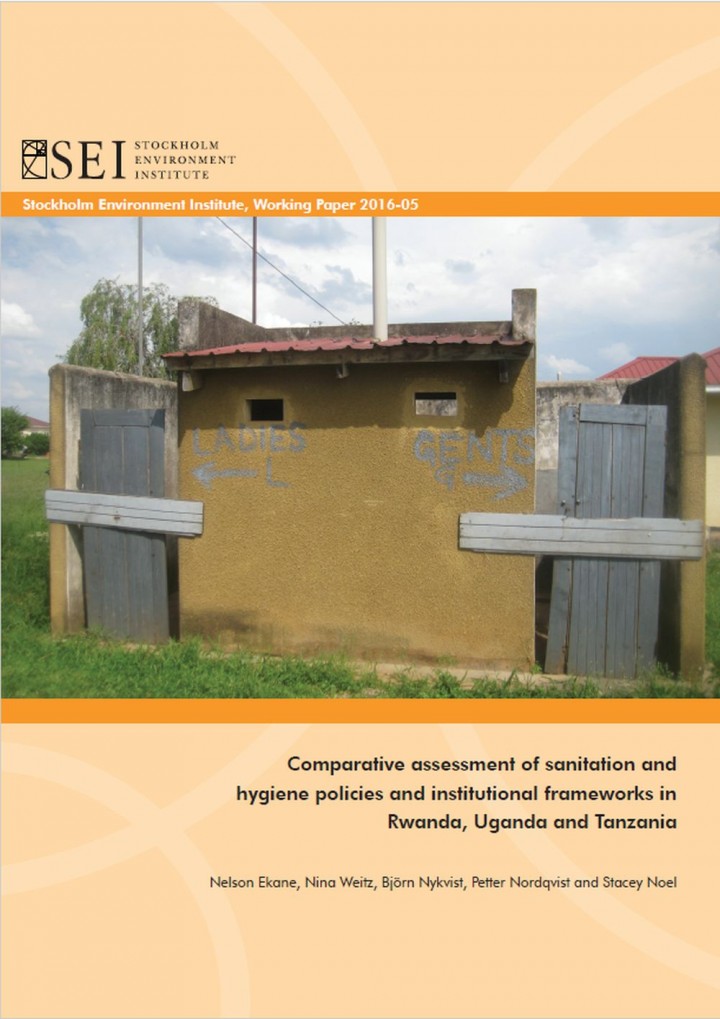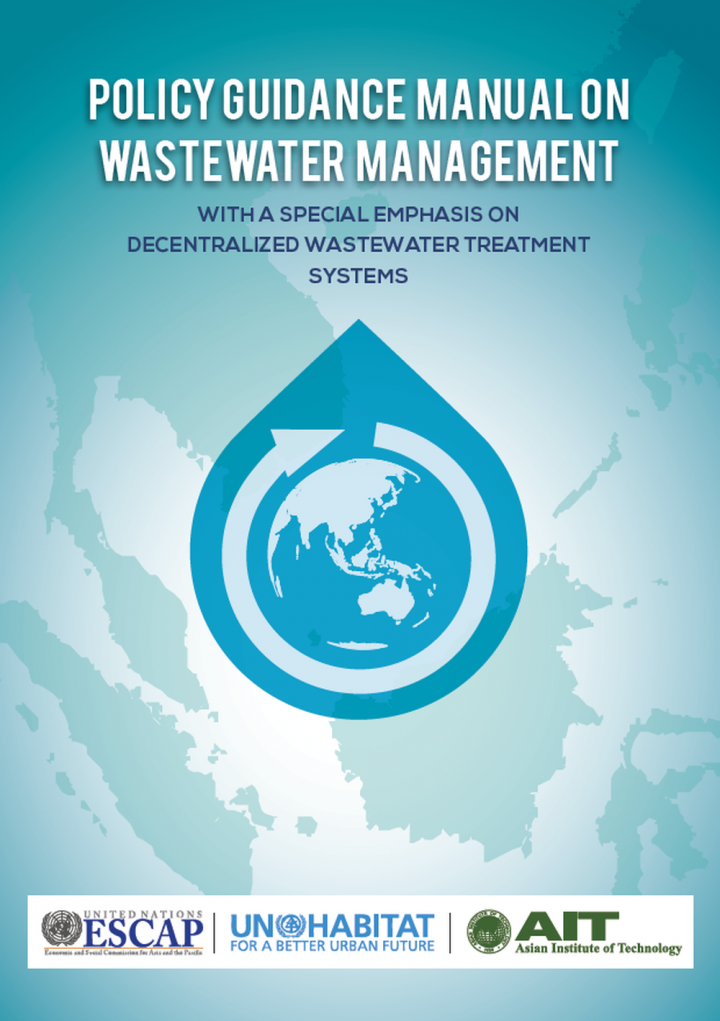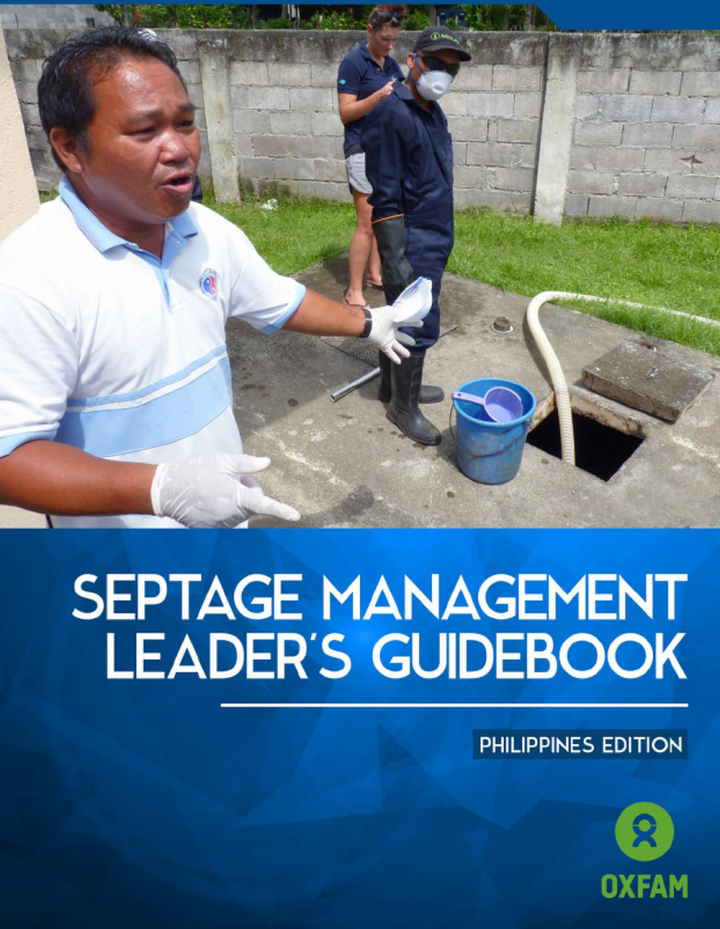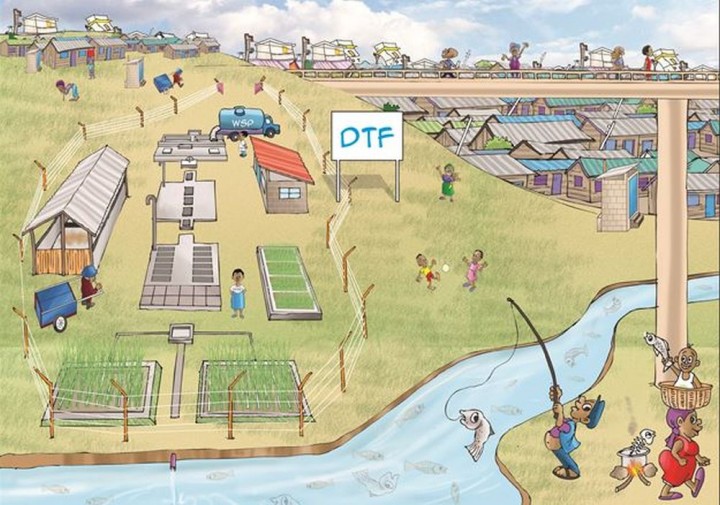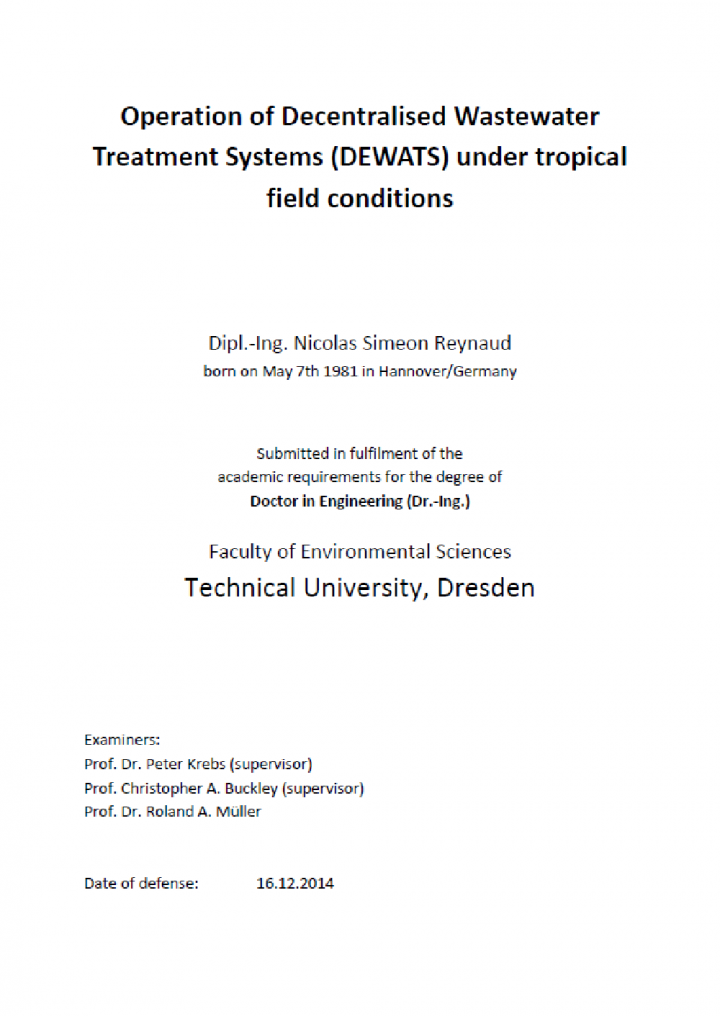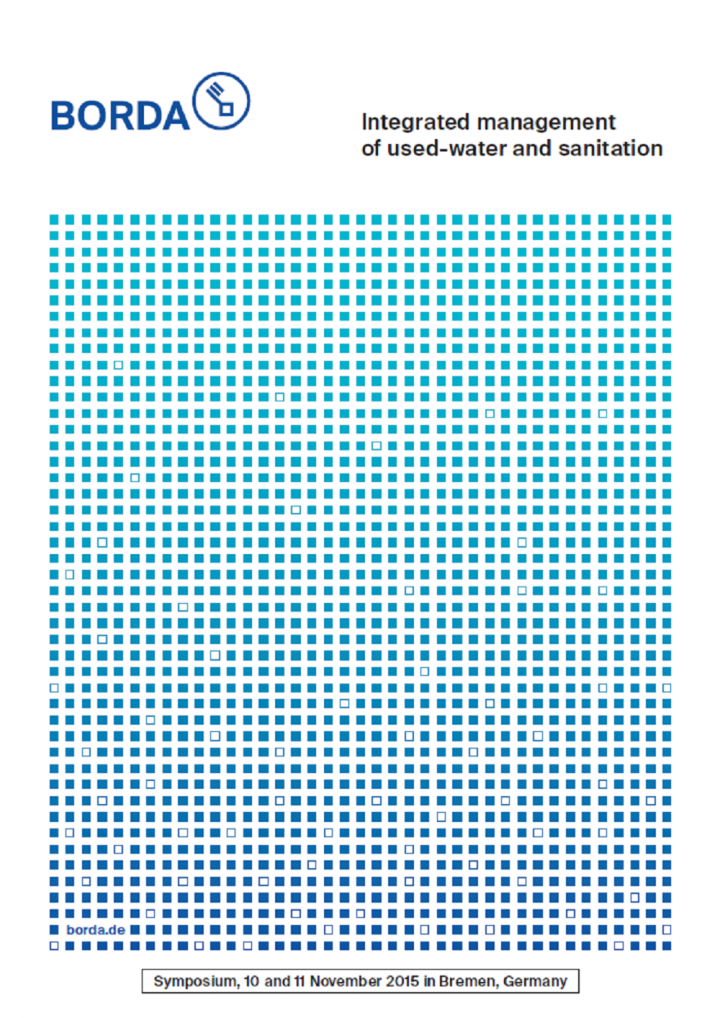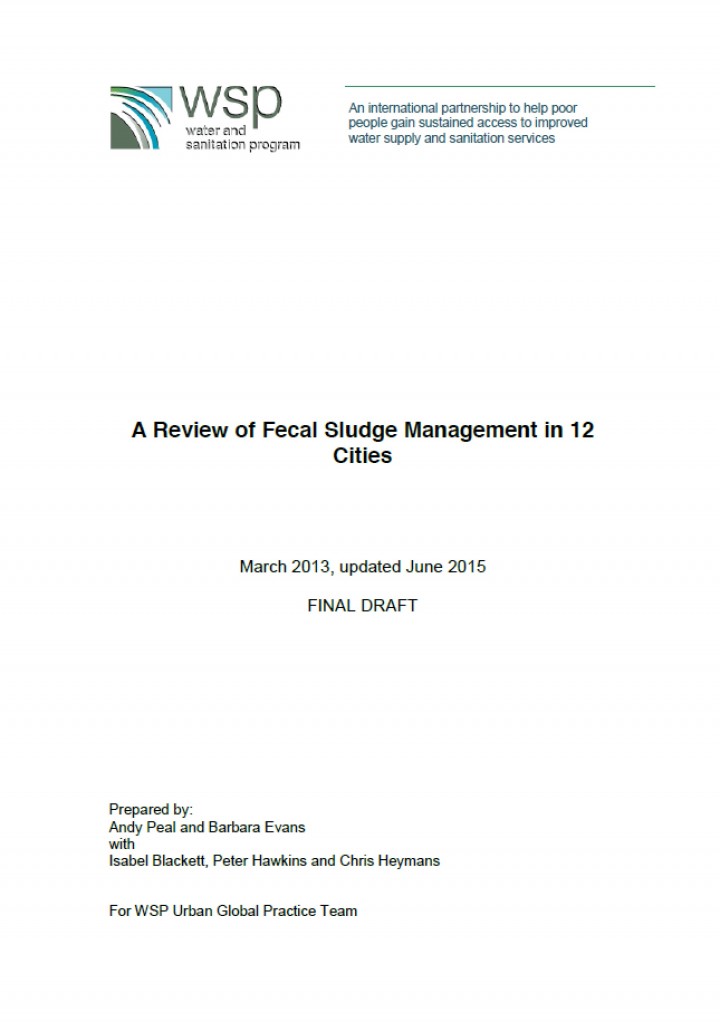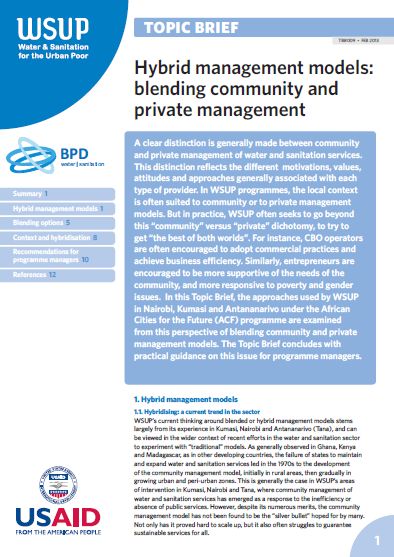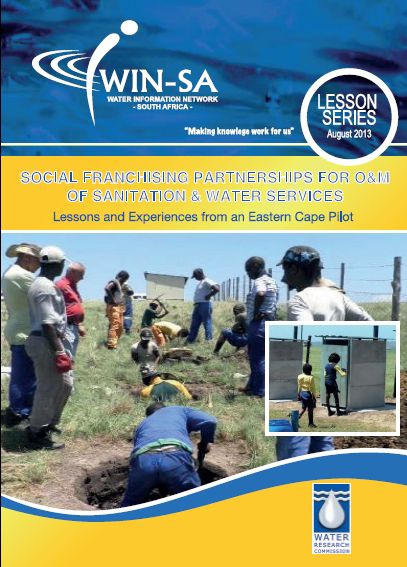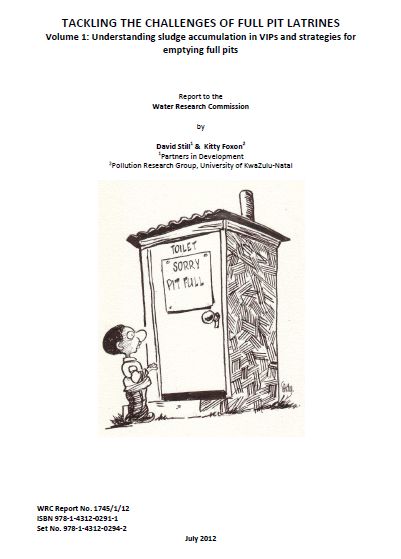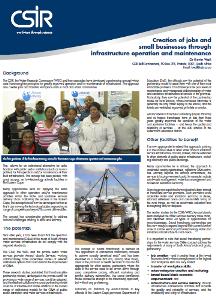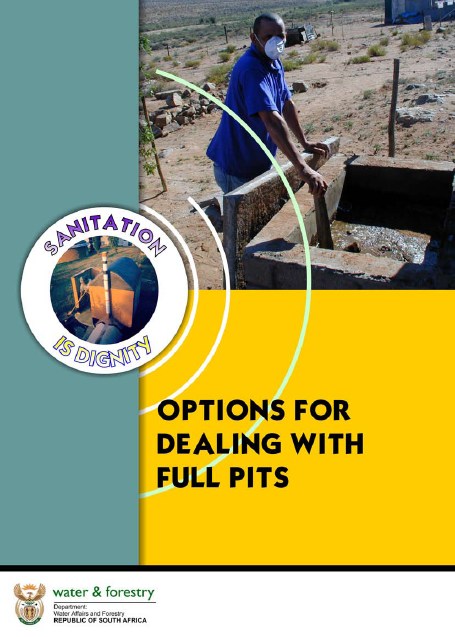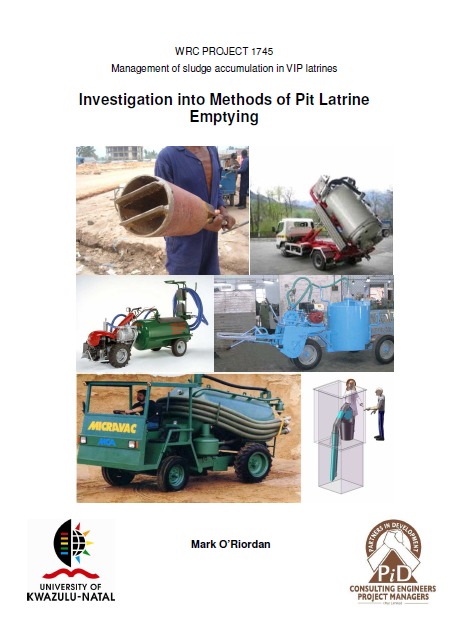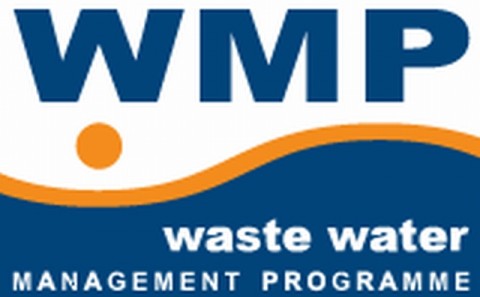Searching for information on Sanitation Workers?
The Sanitation Workers Knowledge + Learning Hub is the best source for all current news, trends, articles and updates on sanitation workers rights around the world.
Sanitation workers encounter significant challenges that jeopardize their dignity and health, crucial for achieving Sustainable Development Goals (SDGs). Despite their vital role, many governments in low- and middle-income countries neglect support for this workforce due to insufficient understanding of their needs and obstacles.
The paper explores challenges faced by sanitation workers in …
LEDeG and BORDA have been working in partnership since 1987. Initially cooperation was focused on renewable energy projects which provided electricity to 67 villages through micro-hydro technology. The cooperation was later expanded to include a range of income generation activities such as food processing, handicrafts and food production. In recent years the cooperation has evolved to focus on …
ENPHO and BORDA have been working in partnership since 2004 to improve living conditions and to protect natural resources and climatic conditions in inadequately served urban and peri-urban settlements in South Asia. Concentrated in the field of urban sanitation, key achievements include technical support and scaling up of Decentralized Wastewater Treatment Systems (DEWATS), introducing Faecal …
Universal access to adequate sanitation is one of the under-appreciated achievements of many societies – and unfortunately remains a distant dream for millions. Even in countries where there is no home without a toilet, public institutions tend to have facilities that are part of the unseen fabric of civilisation. Familiar signs guide the way to public conveniences that are usually open to …
The sanitation workforce provides an essential public service to all. They clean and empty pit latrines, septic tanks, sewers and other sanitation systems, transport faecal sludge, remove contaminants from the sludge and process the sludge for disposal or reuse. Constantly exposed to faecal microorganisms, hazardous waste and harsh chemicals, sanitation workers are susceptible to several …
Over a billion people in urban and peri-urban areas of Africa, Asia, and Latin America are served by onsite sanitation technologies. Until now, the management of faecal sludge resulting from these onsite technologies has been grossly neglected. Financial resources are often lacking, and onsite sanitation systems tend to be regarded as temporary solutions until sewer-based systems can be …
Strong operations and maintenance (O&M) programmes underpin the effectiveness and sustainability of drinking-water supply systems. Increased attention to and investment in O&M is needed to ensure that water safety and service delivery targets are consistently met and that public health is protected.
Water safety plans (WSPs) are a valuable tool to strengthen O&M programmes, and may contribute …
This Standard Operating Procedure (SOP) is a step-by-step guide for ULBs to institute a framework for on-site sanitation system management. This SOP conforms to the advisory note on septage management released by MoUD and draws from UMC’s experience of working with ULBs in Gujarat. It provides a set of written instructions on
septic tank construction, cleaning and maintenance and disposal of …
On-site sanitation is a desirable option in many contexts and various on-site technologies have been rolled out in South Africa, as well as other countries, as a basic standard of adequate sanitation. Most on-site sanitation
systems accumulate sludge in a collection chamber which eventually becomes full and needs to be
emptied; the system can then be recommissioned for another cycle of use. If, …
This publication summarizes the background, vision and sanitation policy issues in India that are adressed with the National Urban Sanitation Policy by the Ministry of Urban Development. It also provides draft frameworks, e.g. for City Sanitation Plans or developing state sanitation strategies.
Policies are considered critical for creating an enabling environment for improving access to sanitation and hygiene services. There are, however, certain requirements that policies must meet for them to be coherent and supportive. This paper presents a comparative assessment of the sanitation policy and institutional frameworks in Rwanda, Uganda and Tanzania based on a …
The Policy Guidance Manual on Wastewater Management with a special emphasis on Decentralised Wastewater Treatment Systems (DEWATS) highlights adequate policy and sustainable practices from the South-East Asia (SEA) region and worldwide. The primary objectives of the Policy Guidance Manual on DEWATS for SEA are three-fold:
(a) to guide national and local policy-makers and experts of SEA in …
The Septage Management Leader’s Guidebook, is a product of Oxfam through their program to improve sanitation in the super typhoon Haiyan devastation area of the central Philippines. The Manual presents a step-by-step strategy for scaling up septage management services more widely. The “Quick Start Guide” and the tools and checklists at the beginning of each step are designed to make the …
This library entry contains key documents involved in the implementation of the UBSUP programme, from the social marketing for improved toilet at household level to the construction and operation of the sanitation infrastructures (toilet and Decentralised Treatment Facility). Note that more documents are available on the SafiSan toolkit located in the WSTF website, see link below.
As an …
Decentralised Wastewater Treatment Systems (DEWATS) such as disseminated by the Bremen Overseas Research and Development Association (BORDA) are increasingly being recognized by decision makers across the world as an option for service delivery in densely populated low-income areas. However, little practical experience has been gathered methodologically on basic engineering and performance …
The symposium responded to needs of action as identified during 2015’s World Water Forum 7 in South-Korea and 2015’s World Water Week in Stockholm. By linking actual experiences from implementation with innovative concepts of urban development, the symposium aimed
▶▶ to generate an input to the realization of respective SDGs and to the HABITAT III process (Quito/Ecuador, October 2016) …

